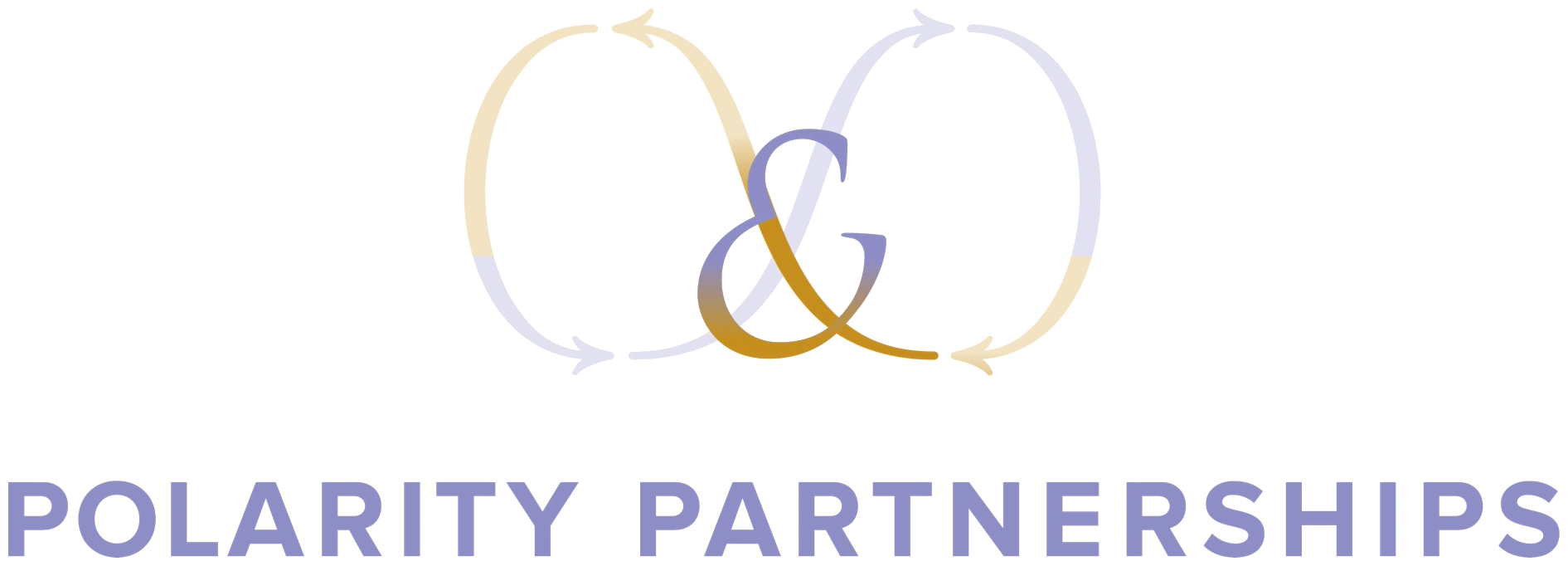The key metric that reveals an organization’s cultural and financial health is voluntary employee turnover. Low turnover is correlated with teamwork, collaboration, engagement, productivity, efficiency, and profit. High turnover is correlated with unresolved conflict, silos, work-arounds, territoriality, and wasted time and money.
Based on the work of pioneer executive coach Dr. J. W. Thomas beginning in the 1950s and continuing today, Opposite Strengths is the only psychological system that applies the universal concept behind Polarity Thinking to the psychology of individual and organizational growth. As more and more individual employees internalize and understand the concept behind Polarity Thinking in terms of three pairs of opposite psychological strengths (Thinking/Risking, Practical/Theoretical Thinking, and Dependent/Independent Risking), the organization increasingly benefits from the teamwork, collaboration, and engagement that result.
Our experience in cascading the Opposite Strengths language throughout client organizations proves that adopting Opposite Strengths as a common language of communication and relationships throughout an organization creates an energized culture in which turnover rates plummet, productivity increases, and the organization’s bottom line becomes healthier.

